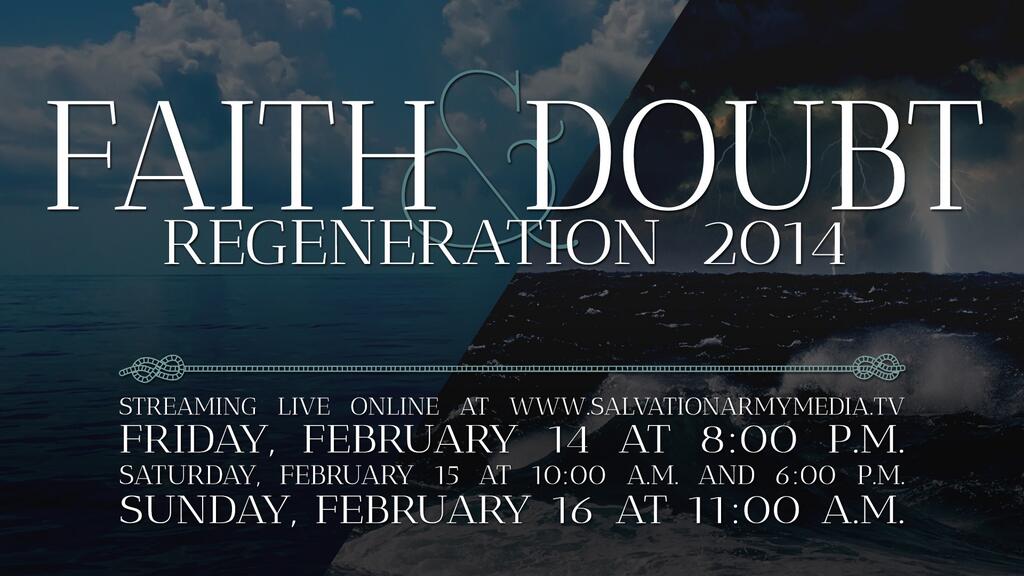The Spice Box
by Sharon Robertson, Lt. Colonel –
Jephthah was a man embittered, rejected by his family and tribe because he was the product of a liason between his father and a prostitute. After fleeing from the spite of his half-brothers, he became the leader of a gang of adventurers, mercineries whose loyalty and fighting skills were for sale to the highest bidder.
Ironically, Jephthah’s own people, the Gileadites (the portion of the tribe of Mannasseh east of the Jordan), became “the highest bidder.” Gilead was leaderless, threatened by the Ammonites. The elders of Gilead could think of no more skillful warrior to lead them than the outcast Jephthah, and engaged his services with the promise that when the invaders were defeated, Jephthah would continue as their leader.
Jephthah was no fool. He had suffered at their hands before. Before agreeing to their proposition, he tied them to a contract by a vow before the Lord.
However, instead of rushing off to battle the threatening Ammonites, he sent a well-reasoned message to their king, seeking to negotiate a peaceful settlement. The king ignored his message and marched on Gilead. A battle was inevitable. The Spirit of the Lord came upon Jephthah. The Gileadites advanced to meet the invaders.
And Jephthah, their usually cool, clear-thinking general, made one of the most ill-considered, incomprehensible moves imaginable: “Jephthah made a vow to the LORD: ‘If you give the Ammonites into my hands, whatever comes out of the door of my house to meet me when I return in triumph from the Ammonites will be the LORD’s, and I will sacrifice it as a burnt offering’” (Judges 11:30-31 NIV).
What was he thinking? Why did he feel the need to bargain with God? Whatever the motivation, it was a tragic mistake. The battle was won. How could it be lost when the Spirit of God had already infused its leader? But Jephthah’s triumph was turned to ashes. As he returned home, his daughter, his only child, burst through the door in a joyous dance of celebration. He must have despised himself as he struggled to tell her of his vow before the Lord. Her willing submission to the consequences of his rash vow was salt rubbed in an open wound. But he was bound to keep his vow.
Or was he? Does God require that a foolish, ill-considered vow, or a vow in response to a lack of sufficient information or misinformation be kept? Certainly a vow is sacred, and to be kept—but the Scriptures also tell us that God recognizes the weaknesses of our humanity—and out of his own love for us is ready to provide a way out of the incredible entanglements we get into through our own foolishness. Poor Jephthah did not realize that by his grace God had already provided a way a escape!
Jephthah had made several errors: first, the ill considered vow itself. The children of Israel were subject to strict laws regarding sacrificial offerings. Jephthah simply assumed that because he made the vow, it was acceptable to God. Wrong! The battle was won in spite of Jephthah’s vow, not because of it!
Secondly, human sacrifice was absolutely forbidden. Jephthah made the macho assumption that honor required that even a stupid vow must be carried out to the letter, even if it resulted in an act offensive to God.
Thirdly, God knew that mankind is subject to rash and stupid acts. He therefore included in Mosaic law a means of redemption for such vows. Had Jephthah sought out a priest with whom he could discuss his dilemma, his situation could have been resolved by the payment of ten shekels in redemption fees—or even less, if he couldn’t afford that—and tragedy could have been avoided.
Admittedly, Jephthah may have had some excuse for his actions. In that day a common man knew only what he had been told of religious law and the nature of God; Jephthah would have had to search diligently to find a priest, given the conditions of the period.
Today we have no such excuse. We have ready access to the Word; we have experienced with grace of God, and know his loving nature.Yet still we make rash promises, ill-considered decisions or decisions based on insufficient information, and stubbornly refuse to reconsider or discuss them.
Still we proceed on a determined course, not because we are convinced it is the right thing, but “because I said I would”?
Thankfully, God in his grace has provided a way to alleviate the consequences of our own foolishness:
1. Study God’s Word diligently, praying for wisdom to understand and apply his will in our daily lives, thus lessening the likelihood of foolish decisions or promises.
2 . Take time to seek God’s will in all things, rather than imitating the judges who “did what was right in their own eyes.”
3. When a foolish or erroneous decision is made, admit it Seek God’s leading in rectifying the error; don’t take it for granted that all is lost, and nothing can be done but to suffer the consequences.
4. Consult with Christian leaders or Christian friends whose judgment you trust.
5. Recognize that there will be consequences—but know also that God in his grace will help you turn disaster into discovery. After all,“we know that in all things God works for the good of those who love him, who have been called according to his purpose” (Rom 8:28 NIV).













